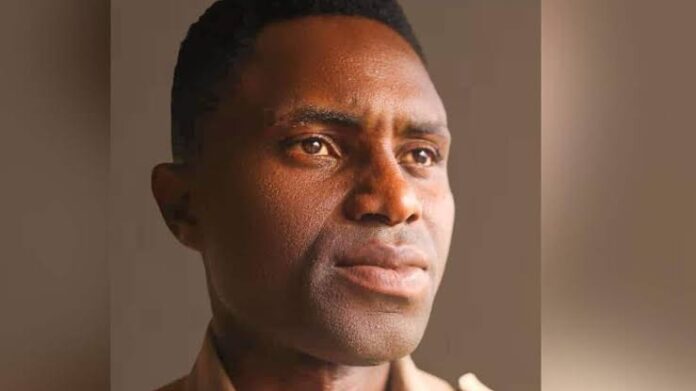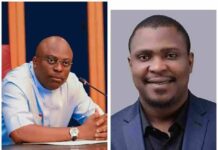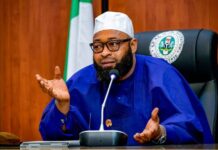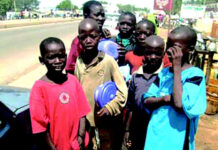Nigeria’s foremost institutional reformer Jonah Ubanmhen has called on managers of Nigeria’s foreign and Diaspora policy to evolve in a new direction of diplomacy to speed up the growth and development of the country. In his words, “Nigeria is an increasingly sought-out resource base but isolated in the global distribution of the value she creates and adds to the world”. He added that in a region where multiple countries are showing major economic growth, it’s important enough to “develop a voice in international discourse that matches Nigeria’s comprehensive national strength and international status” while providing a preview of the long-awaited Nigeria Exchange and Broadcasting (NEB) program.
In a broad outline of the nation’s new strategic roadmap, he said, “An expanding presence in Nigeria’s broadcast training and exchange program will give the nation a platform to spread its official views, while potentially inhabiting major rebrand to try and become a more credible country in the eyes of the rest of the world and make friends”. The reformer is aiming to change the country’s perception on the global stage, despite facing international criticism on a number of issues.
He laid out a three-pronged vision of engagement, competition, and confrontation for the internationalization campaign. His ambitious plan highlights three key ministries; first, the Ministry of Interior will gain overall control of the program, including the budget, and thereafter form an administrative agency to oversee implementation. Also, the Ministry of Information, Communication, and Culture, is charged with providing guidance to broadcast media and institutes of Journalism regarding the team-training portion of the program. Thirdly, the Ministry of Foreign Affairs would be recruiting participants through its consulates overseas.
He further urges the ministries to incorporate achievable foreign technology and proficiency. Nigeria is thus attempting to achieve greater media reach over the Nigerian communication culture and other parts of the world. The country will target overseas institutions and the Nigerian diaspora as part of its influence operations.
Jonah went ahead to address criticisms that the Nigerian government has lagged behind major democracies in seeking to address challenges with Nigeria’s global influence. He said, “Nigeria was not always seen as a reliable partner by allies. That’s why a decision was made to confront this challenge by setting out with the agenda of the Nigeria Exchange and Broadcasting program.” His remarks, observers say, signal a major shift in the country’s approach to communication, which in the past has lacked a public plan on how to address challenges such as its cultural soft power and economic diplomacy.
Jonah was also quoted as saying; “it is necessary to make friends, unite and win over the majority, and constantly expand the circle of friends (when it comes to) international public opinion”. He said Nigeria should be “open and confident, but also modest and humble” in its communication with the world.
The Nigeria state-run news agencies are expected to stay true to the duty of bridging Nigeria and the world for greater communication. The Nigeria Exchange and Broadcasting (NEB) program will play a key role in the nation’s efforts to promote its state media in other countries and persuade Journalists to write positively about Nigeria.
“What we’re doing right now is reorientating our foreign policy towards our economic growth as a nation. Since about five or six years ago, Nigeria has seen to build up a global media and information apparatus. We have been trying to have a bigger role in the global media discourse, which we have always felt does not treat Nigeria fairly,” said Jonah. He said the program requires building and rebuilding relationships.
“There’s going to have to be a huge investment of political and diplomatic capital, and putting more resources into our embassies in the region.” He admitted the poor condition of Nigeria’s external communications and the country’s isolation, which could be attributed to a lack of convincing communication strategies and good Nigerian stories.
In addition to engaging at the highest levels to confront the challenges of Nigeria’s external communications culture, Nigeria will seek dedicated experts from the international community to support understanding of the “challenges that poor communications system poses, and the opportunities that it presents.
“We need to have tough conversations, but meanwhile we indeed need to make sure we have strong communication culture,” Jonah said regarding the program.











